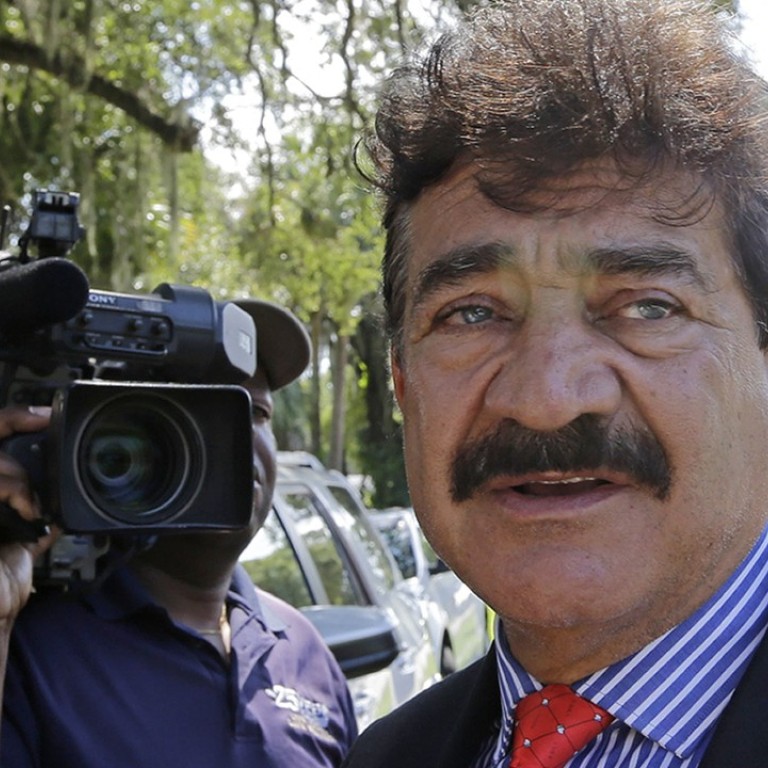
Dad of Pulse nightclub shooter Omar Mateen ‘was FBI informant for 11 years and may have tried to finance Pakistan coup’
Lawyers for Salman Noor, wife of Omar Mateen, said her trial for aiding her husband’s massacre should be thrown out, as the FBI did not properly investigate her father-in-law - but a judge ruled against them
The father of Pulse nightclub shooter Omar Mateen had been an FBI informant for 11 years before the June 2016 attack, according to new information revealed on Saturday to the lawyers of the shooter’s widow.
The government also found evidence on the day of the attack that Seddique Mateen had also been sending money to Afghanistan and Turkey, possibly to fund violent insurrection against the government of Pakistan, the lawyers said the prosecutors told them in an email.
Noor Salman’s lawyers said on Monday that this new information – shared only after prosecutors rested their case – should result in a mistrial or an outright dismissal of the charges against her.
But the judge in the trial refused to rule in favour of a mistrial, saying that Salman’s case wasn’t harmed because the government never called Mateen’s father as a witness.
Salman is accused of helping her husband plan the attack at the gay nightclub in Orlando, where he killed 49 people.
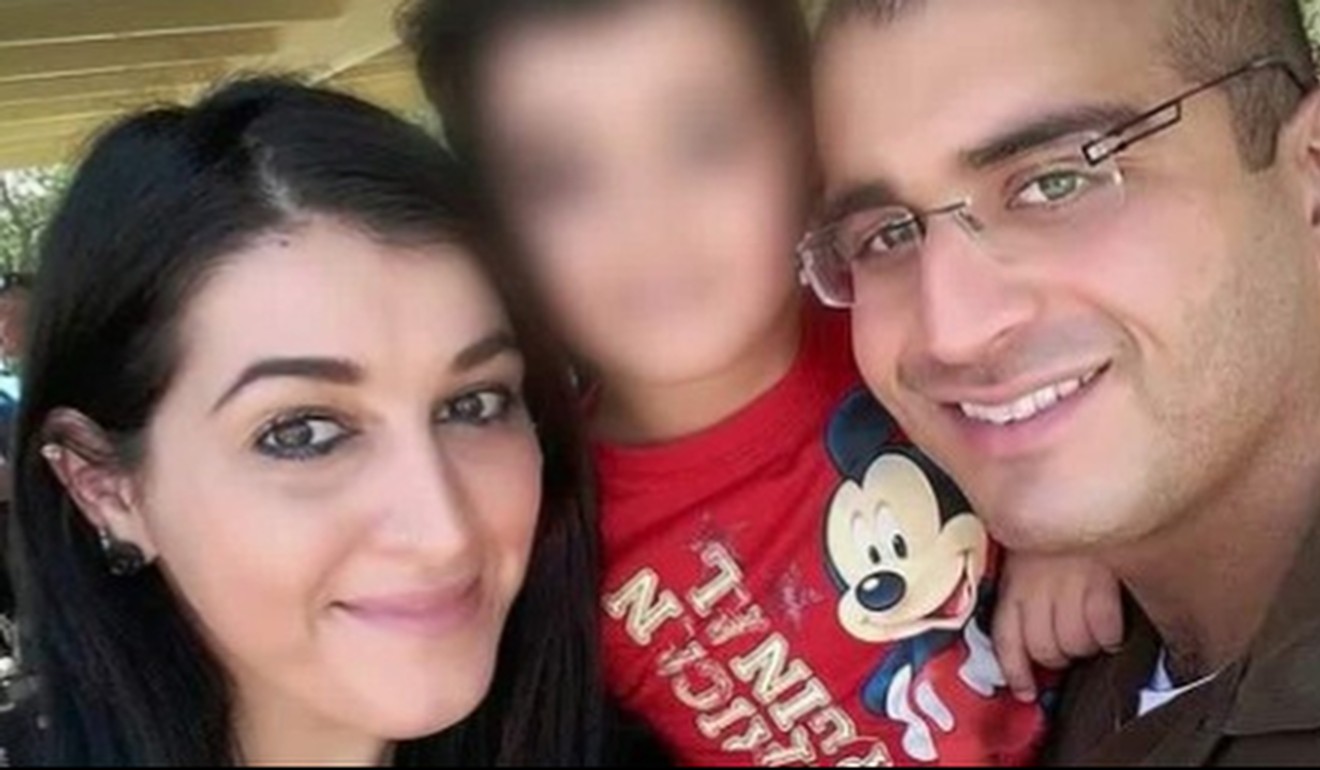
Salman’s lawyers say the government’s belated disclosure prevented them from exploring the possibilities that Seddique Mateen was more directly involved, and that Salman may have been framed to hide the government’s mistakes.
This latest evidence, defence lawyers say, points to Mateen’s father as a potential accomplice.
“There are two viable theories of defence that could have been developed,” the Salman’s lawyers wrote. “First, Omar Mateen conspired with his father, rather than Noor Salman, to commit the acts.”
“Alternatively, the FBI’s purported interviews with Ms. Salman were directed to evading the negligence they exercised with their own informant,” the motion says, and “to finding an additional culprit rather than their own informant.”
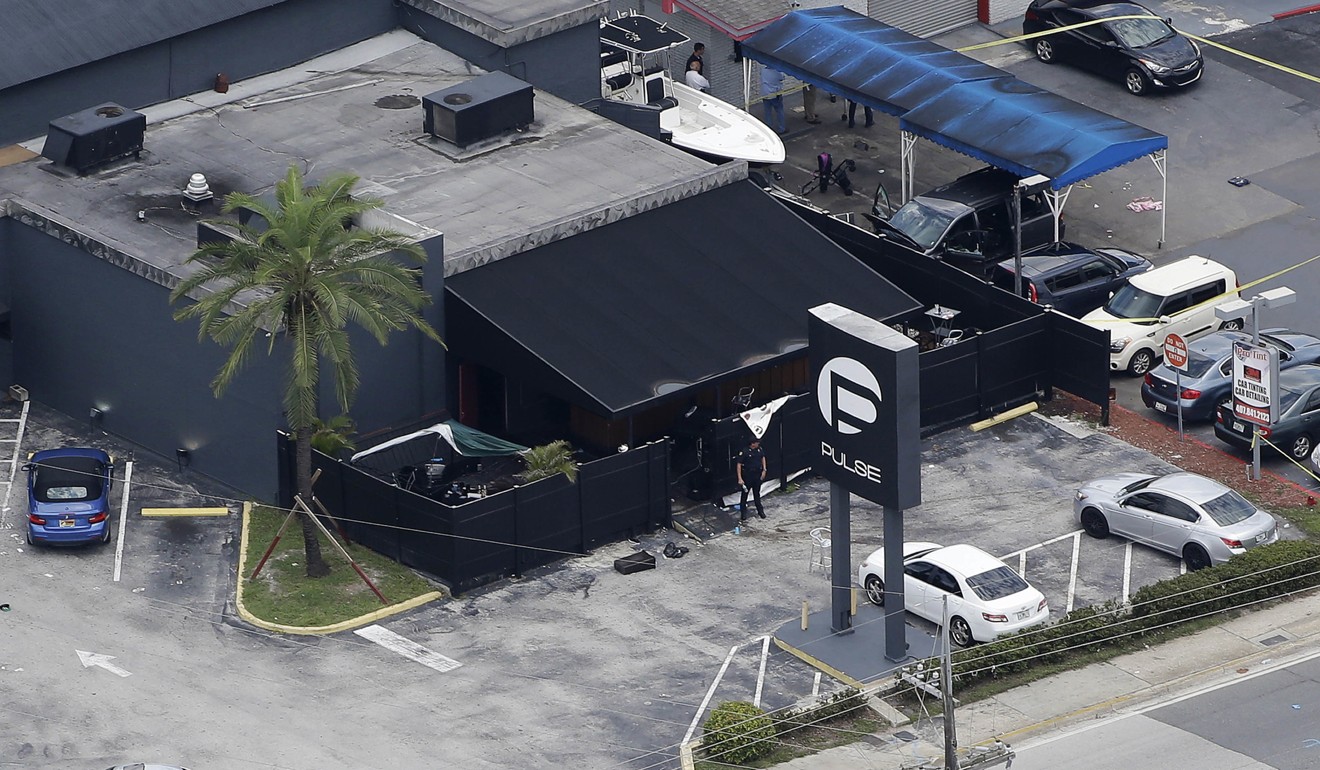
Her lawyers’ federal court motion, which was filed on Monday, said US Attorney Sara Sweeney sent them an email Saturday revealing some details of the FBI’s involvement with and knowledge of Seddique Mateen’s activities leading up to the Pulse attack.
“Seddique Mateen was an FBI confidential human source at various points in time between January 2005 and June 2016,” her email said.
This email was sent after jurors heard Shahla Mateen deny during cross-examination that her husband had any relationship with the FBI.
The email also revealed other details the prosecution did not tell jurors before resting its case against Salman.
They included the discovery in the hours after the shooting that “receipts for money transfers to Turkey and Afghanistan” made in the days and weeks before the shooting were found at Seddique Mateen’s home.
The email also said that, in 2012, an anonymous tipster had accused him of “seeking to raise US$50,000 – US$100,000 via a donation drive to contribute towards an attack against the government of Pakistan.”
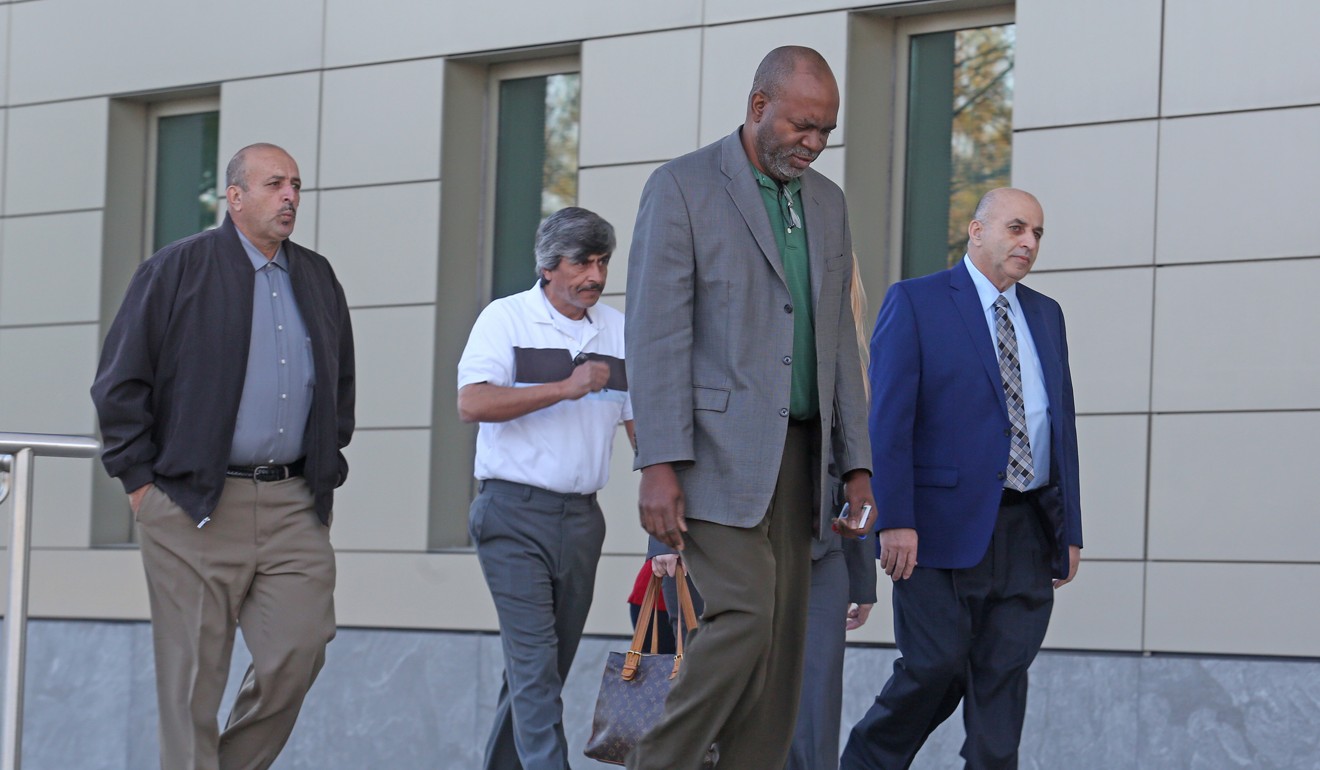
Defence lawyers said the failure to share this information in advance of her trial violates Salman’s Fifth Amendment right to due process and Sixth Amendment right to a fair trial.
They argued that they would have investigated “whether Mateen’s father was involved in or had foreknowledge of the Pulse attack,” they wrote.
Former federal prosecutor David S. Weinstein agreed that if the defence had this information about Mateen’s father before trial, they could have planted doubt in the minds of jurors that Salman was ever involved.
But on Monday, the judge ruled that there would be no mistrial, saying Salman’s case wasn’t harmed because the government never called Mateen’s father as a witness.
Ahmed Bedier, president of the civil rights advocacy group United Voices, has been attending the trial in support of Salman.
He said Salman’s family had voiced suspicions previously that Omar Mateen’s father had a possible relationship with the FBI, but they lacked evidence to support this.
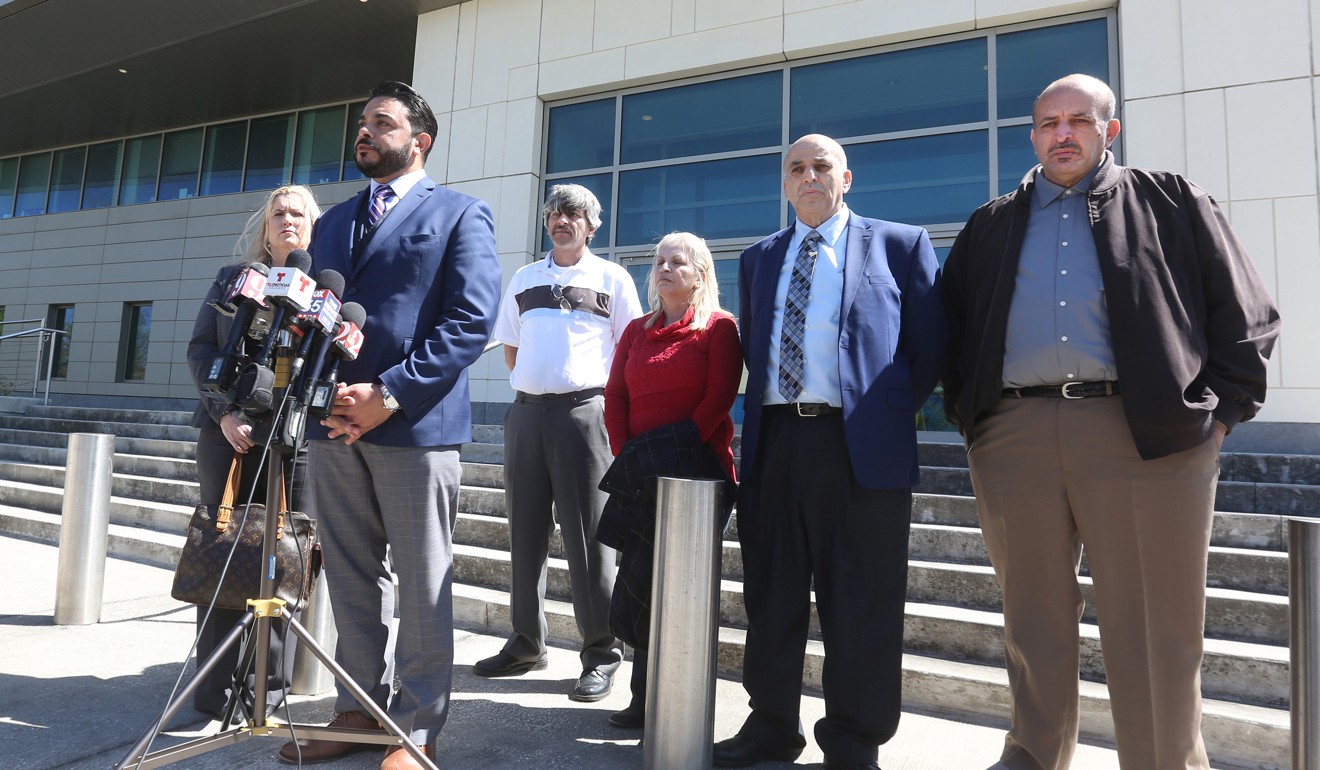
Bedier also noted that when Omar Mateen was interviewed by the FBI in 2013 and not charged with false statements or any other crime, it enabled him to legally secure the firearms he used in the Pulse attack.
“We always felt that there were huge problems with this case and suspicious motivations on behalf of the government to prosecute Noor on such little evidence,” Bedier said.
“This new discovery is very revealing and raises a lot of questions about the FBI and the Department of Justice’s actions in investigating the mass shooting.”
“They chose to protect their own informant and their own connection to Omar Mateen,” Bedier said.
“The fact that Omar Mateen’s father was an informant for 11 years, and the FBI interviewed Omar Mateen himself in 2013, there’s suspicion now that it’s because of this father that the government closed that case.”
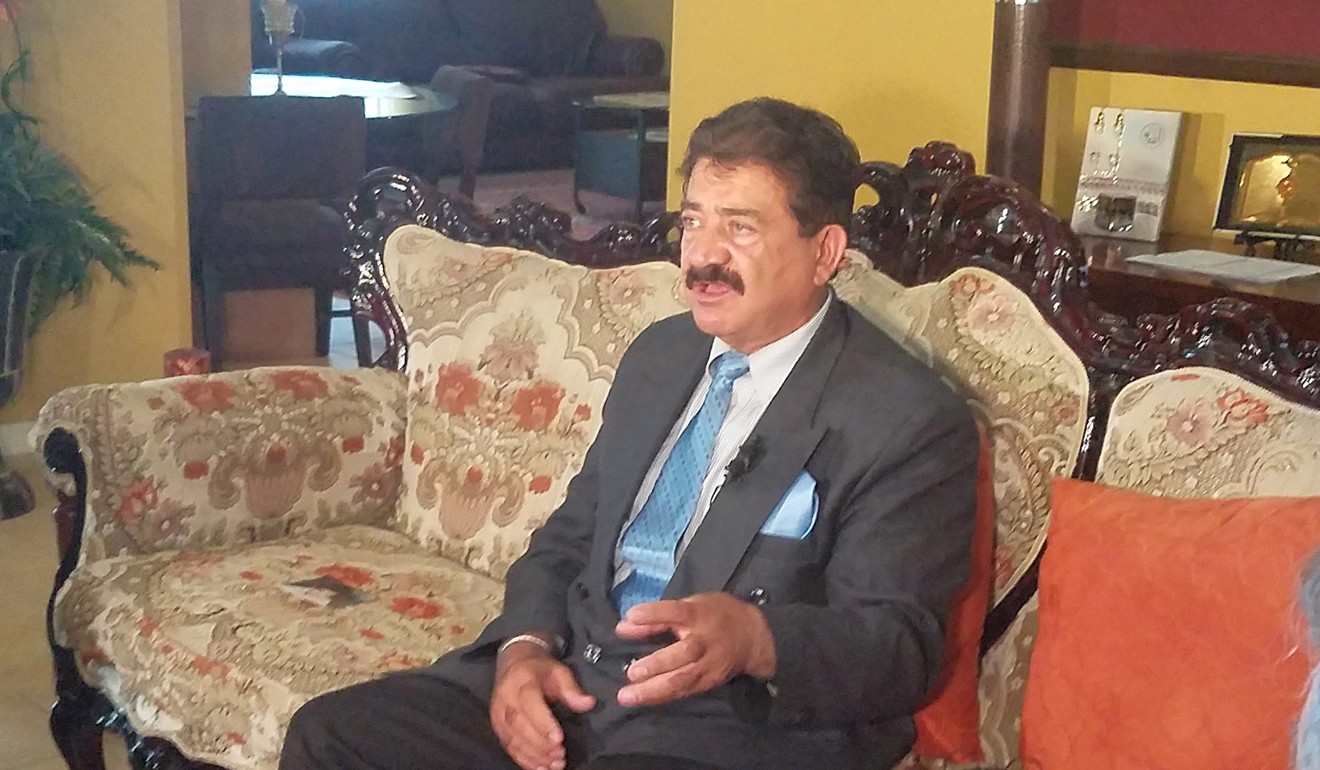
Salman, now 31 and the mother of a small child, is being tried in federal court in Orlando. It’s unclear when the judge will rule on the motion to dismiss.
As for Seddique Mateen, the government had listed him as a potential witness in February, but did not make him testify before resting its case.
This story contains additional reporting from Associated Press.

